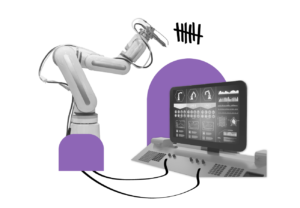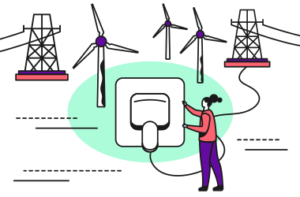
Fighting Financial Fraud with Privacy-Compliant AI
Having your credit card stolen is a very frustrating experience, and sadly, one that many can relate to. In 2019 alone, fraudulent transactions involving credit cards issued in Europe accounted for €1.87 billion – a staggering amount, and one that is only expected to increase as online shopping grows. With its advanced capability to analyse large amounts of data and create forecasts, artificial intelligence (AI) could provide financial institutions with significant help in fighting fraud. However, using AI to detect financial crimes requires access to sensitive data, which raises concerns about data privacy and security. That’s where federated learning comes in.







